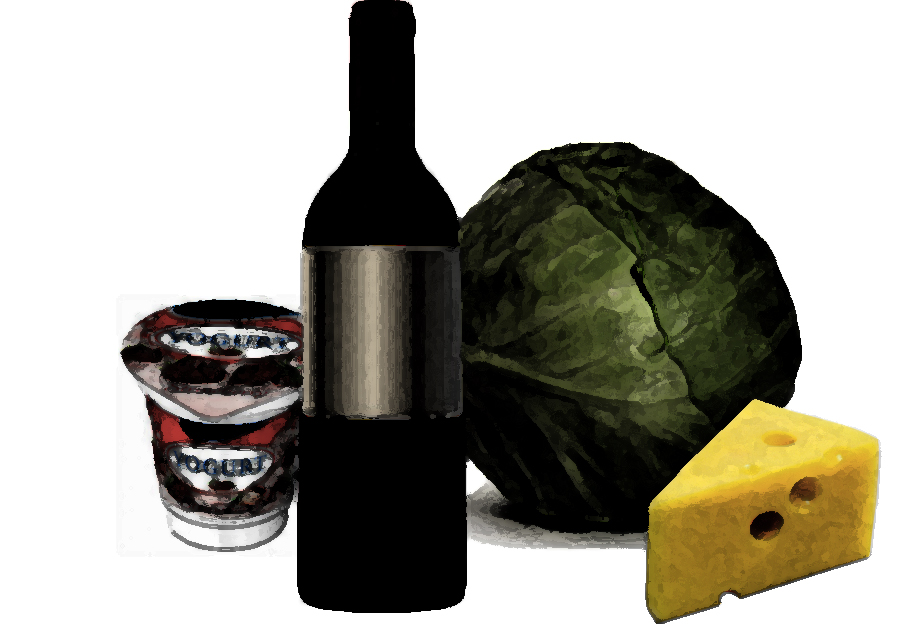That bacteria in your food — It may not be so bad

April 2017. By Chris Cifelli, PhD, VP of Nutrition Research, National Dairy Council, Rosemont, IL.
Bacteria and food. For most people, those two words never belong in the same sentence and, when they do appear together, immediately conjure thoughts of contamination, spoilage, food poisoning, and worse. It is true that unwanted microbes can ruin good food and make us sick if proper food handling procedures are not followed. But what if there were unique situations where food and bacteria did belong together? What if certain microbes could help transform milk, cabbage, cucumbers, grapes, and more into wondrously delicious and healthy foods? This idea is not that farfetched. Quite the opposite – it’s called fermentation and it’s been around for thousands of years.
Fermentation is the process of using specific microbes – for example, bacteria, yeast, and molds – to convert one food to another. Some examples? Milk can be changed into natural cheeses and yogurt. Cucumbers are transformed into pickles. Fermenting cabbage yields kimchi and sauerkraut. Grapes are converted into wine. Some of our most recognized foods are the products of fermentation. What are the benefits of these changes? First, fermentation creates new textures and flavors that increase palatability. Second, fermentation was, and in certain parts of the world continues to be, an important tool for converting a very perishable food into something that has a longer shelf-life. Finally, fermented foods are good for your overall health. For example, fermented foods:
- Represent a safe way to increase our consumption of live microbes
- Provide key nutrients as the microbes used in fermentation can make certain essential vitamins
- Can help inhibit pathogen growth in the intestine
- Can reduce the risk of developing certain chronic diseases. The most studied has been yogurt, which is associated with less weight gain and reduced risk for cardiovascular disease and type 2 diabetes.
Healthy, balanced diets should include live microbes. Adding fermented foods to your diet is an easy and delicious way to accomplish that. So – next time you think of bacteria and food together maybe you’ll think of a winning combination that can improve health!